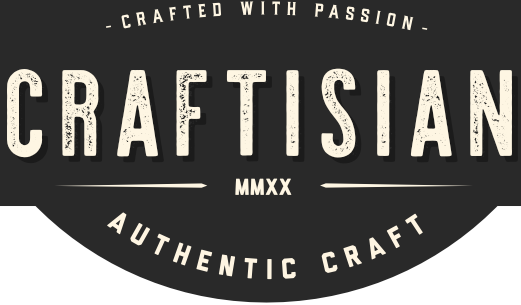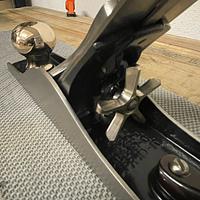Share your craft projects
Make new craft buddies
Ask craft questions
Blog your craft journey
re: DevinT
Hi Norman,
I tend to agree with you that any book communicating a skilled trade through the additional use of imagery, tables, charts, graphs, and formulae will be more difficult to digest in spoken form.
I made the following inquest of my friend's son but was met with silence:
I tend to agree with you that any book communicating a skilled trade through the additional use of imagery, tables, charts, graphs, and formulae will be more difficult to digest in spoken form.
I made the following inquest of my friend's son but was met with silence:
I am interested in your thoughts on an article by a University professor. Perhaps this information can put you above your peers? In the game of success, it is often good to look at one's peers and analyze what you can do to set yourself apart to make an impression. Do you make the same conclusions as this professor? https://www.weedutap.com/2019/06/gen-zers-are-suffering-from-reading.html
Wherein the article draws the conclusion that while Millennials have compulsions to consume digital content and are tech-savvy at-large, Gen Z that followed is "tech-native" and majority spend 10 hours per-day online. "TL;DR" (too-long, didn't read) is old and in 2022 I am seeing the word "read" used in conjunction with audiobooks.
I cannot place this squarely on the new generation's shoulders however, as I have spoken to the parents of [college-level] children that repeatedly, mistakenly, and without repudiation use the word "read" (past-tense) when they mean "listened." Upon inquisition, the parents themselves reveal that they reject any distinction and proffer to me that their child is acutely well-read by listening to "N" number of books per year.
I myself acquired a 1982 IBM Selectric typewriter for my child to do their homework on without the Internet (remembering that when I was raised, certain teachers bemoaned illegible hand script to ultimately demand typed prose). I was then informed by one of my neighbors that students have to turn in PowerPoint presentations to shatter my plans. However, reading that both at the pre-collegiate and college-level learning institutions children are being taught to both produce and consume bite-sized slide-mounted pieces of information and reference no-further reading disheartens me.
To think, we used to decry the dubious obviation of music and shop under the guise of funding complications, when today we are producing students that cannot neither engage in deep comprehensive reading nor produce or comprehend cursive.
I fully understand, having read Quiet Woodworking in an Unquiet World that the imagery is a must, doubly-so for any reader that simply cannot picture tools by-description alone -- to this point, what young reader listening to an audible of a woodworking book could mentally picture a froe, adze, or plantation hose column plane? Least of-all, that each tool has many design styles that make it unique (a 3-arm plow vs bridle plow, for example).
However, I do think that, no pun intended, there appears to be some writing on the wall (so-to speak), in the sense that wherein past concerns regarded the potential death of the bookstore through the rise of Amazon (before they sold everything, back when they only sold books), today we must be concerned with death of the book. Perhaps one may even snark that it started with the death of a salesman, long before the bookstore (tongue-in-cheek).
Is it constructive to perhaps reposition the question to you (and myself)?
Does there exist a "lite" version of trade skill book that can exist without the imagery of books conducive to audiobooks for an un-reading generation?
I have been contemplating this, and I think to answer the question I may have to purchase one of the few woodworking "books" on audible to see if it is consumable -- in an effort to see if perhaps one author or another has potentially cracked the code to be able to grab Gen-Z's attention.
Cheers,
Devin









